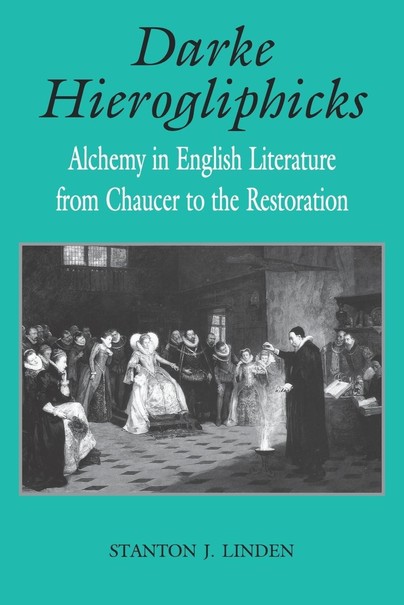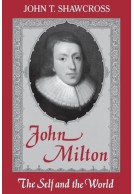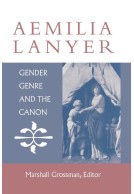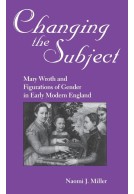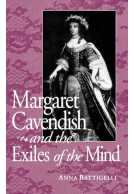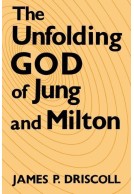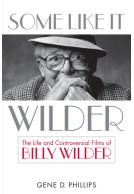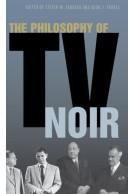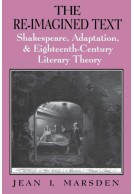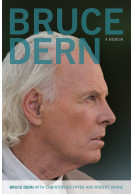Darke Hierogliphicks (Paperback)
Alchemy in English Literature from Chaucer to the Restoration
Imprint: University Press of Kentucky
Series: Studies in the English Renaissance
Pages: 384
Illustrations: illus
ISBN: 9780813192123
Published: 12th August 2008
Script Academic & Professional
Series: Studies in the English Renaissance
Pages: 384
Illustrations: illus
ISBN: 9780813192123
Published: 12th August 2008
Script Academic & Professional
This book will be reprinted and your order will be released in due course.
You'll be £27.00 closer to your next £10.00 credit when you purchase Darke Hierogliphicks. What's this?
+£4.99 UK Delivery or free UK delivery if order is over £40
(click here for international delivery rates)
Order within the next 3 hours, 7 minutes to get your order processed the next working day!
Need a currency converter? Check XE.com for live rates
(click here for international delivery rates)
Order within the next 3 hours, 7 minutes to get your order processed the next working day!
Need a currency converter? Check XE.com for live rates
The literary influence of alchemy and hermeticism in the work of most medieval and early modern authors has been overlooked. Stanton Linden now provides the first comprehensive examination of this influence on English literature from the late Middle Ages through the sixteenth and seventeenth centuries.
Drawing extensively on alchemical allusions as well as on the practical and theoretical background of the art and its pictorial tradition, Linden demonstrates the pervasiveness of interest in alchemy during this three-hundred-year period. Most writers -- including Langland, Gower, Barclay, Eramus, Sidney, Greene, Lyly, and Shakespeare -- were familiar with alchemy, and references to it appear in a wide range of genres. Yet the purposes it served in literature from Chaucer through Jonson were narrowly satirical.
In literature of the seventeenth century, especially in the poetry of Donne, Herbert, Vaughan, and Milton, the functions of alchemy changed. Focusing on Bacon, Donne, Herbert, Vaughan, and Milton -- in addition to Jonson and Butler -- Linden demonstrates the emergence of new attitudes and innovative themes, motifs, images, and ideas.
The use of alchemy to suggest spiritual growth and change, purification, regeneration, and millenarian ideas reflected important new emphases in alchemical, medical, and occultist writing. This new tradition did not continue, however, and Butler's return to satire was contextualized in the antagonism of the Royal Society and religious Latitudinarians to philosophical enthusiasm and the occult. Butler, like Shadwell and Swift, expanded the range of satirical victims to include experimental scientists as well as occult charlatans. The literary uses of alchemy thus reveal the changing intellectual milieus of three centuries.
Other titles in the series...
Other titles in University Press of Kentucky...







